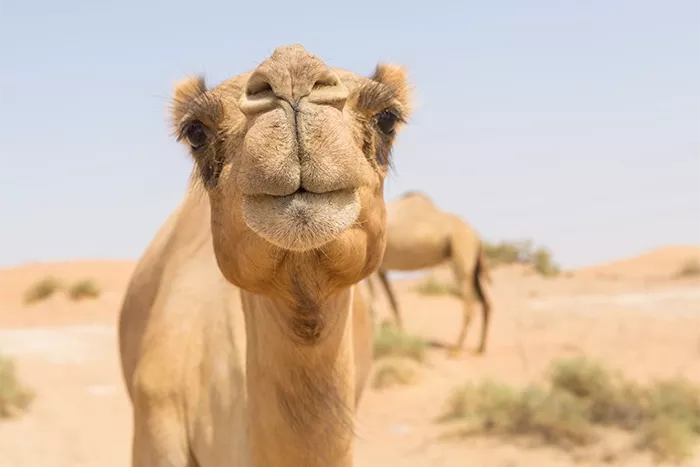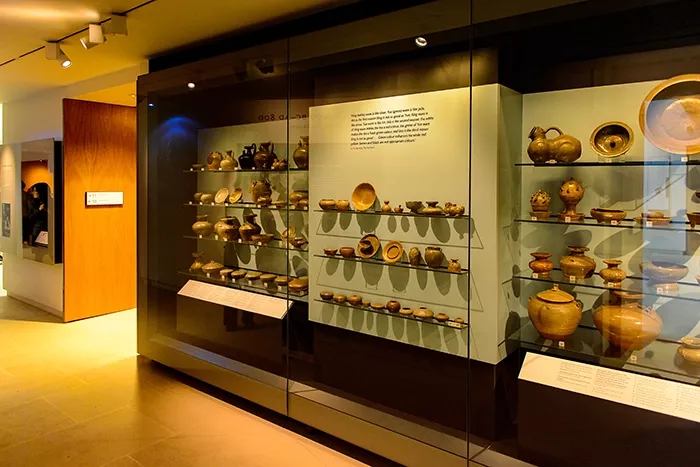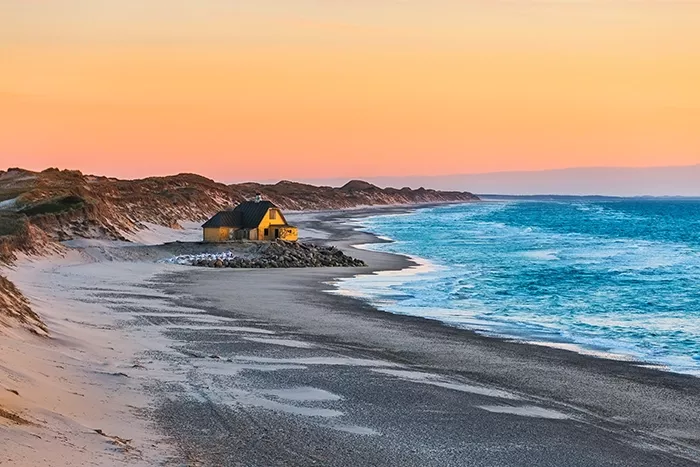The UK’s Research Infrastructure for Conservation and Heritage Science (RICHeS) team recently had the pleasure of visiting the University of Oxford, to meet with the team leading the Oxford Collaboration in Heritage Science Research and Engagement (OCHRE) project. Funded through the RICHeS infrastructure programme, OCHRE is led by Professor Heather Viles and is designed to enhance Oxford’s existing world-class capabilities in heritage and conservation science.
News
Navigating Polar Change: Climate-Smart Marine Spatial Planning for the Southern Ocean
The Southern Ocean, key to Earth's environmental system, is threatened by climate change. A new paper in Science by Dr Catarina Frazão Santos, Dr Lisa Wedding, and colleagues, details how climate-smart marine spatial planning can support Antarctic seascapes, with implications for the global ocean and human wellbeing.
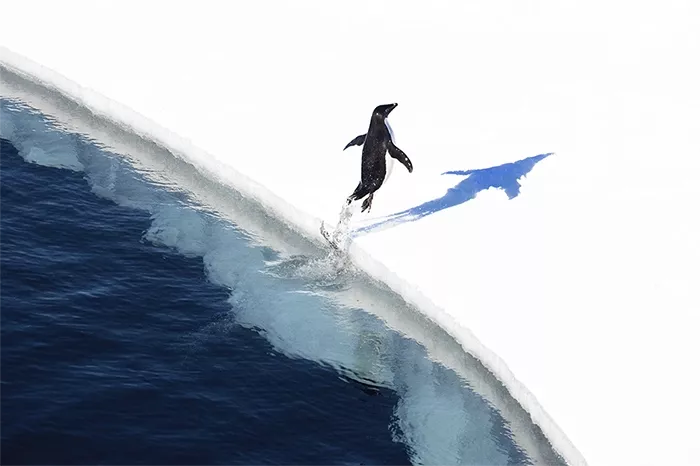
Floods in south Brazil have displaced 600,000 – here’s why this region is likely to see ever more extreme rain in future
A mighty river is flowing out of the Amazon rainforest, and it’s not the one you’re thinking of. In the first kilometre above the forest canopy, a “flying river” is transporting moisture evaporated from Amazonian trees southwards along the Andes mountains towards Rio Grande do Sul, the southernmost state in Brazil. Almost the entire state - an area larger than the UK - is currently affected by unprecedented floods. The flying river has acted like a firehose, fuelling five months of rainfall in just two weeks, further enhanced by a strong jetstream located in just the wrong position above the region. In an article for The Conversation, Dr Marcia Zilli, Dr Neil Hart, and colleague Dr Caio Coelho, explore why - based on future projections of climate change - this situation will likely get worse as the temperature rises.
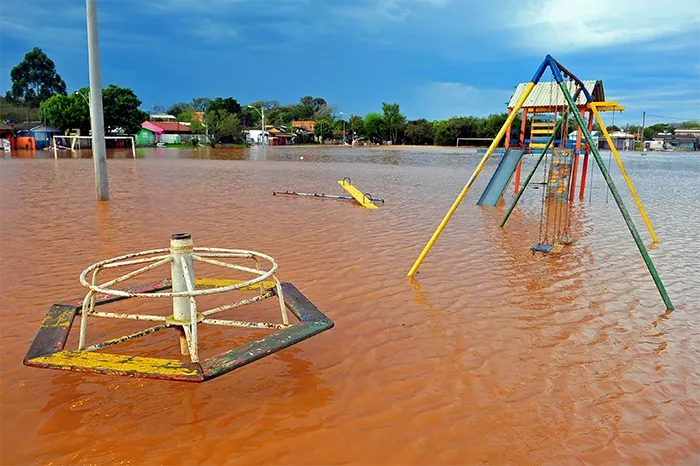
Alfie Davis wins LGBTQ+ Undergraduate of the Year Award
Undergraduate Alfie Davis has been awarded the LGBTQ+ Undergraduate of the Year Award 2024.

Celebrating Excellence: Vice-Chancellor’s Awards Honour Outstanding Achievements in SoGE
The Vice-Chancellor’s Awards are a testament to excellence and innovation, and are a University-wide celebration of outstanding people. They recognise the achievements and celebrate success across the collegiate University, from academics and researchers to professional, technical and support staff.
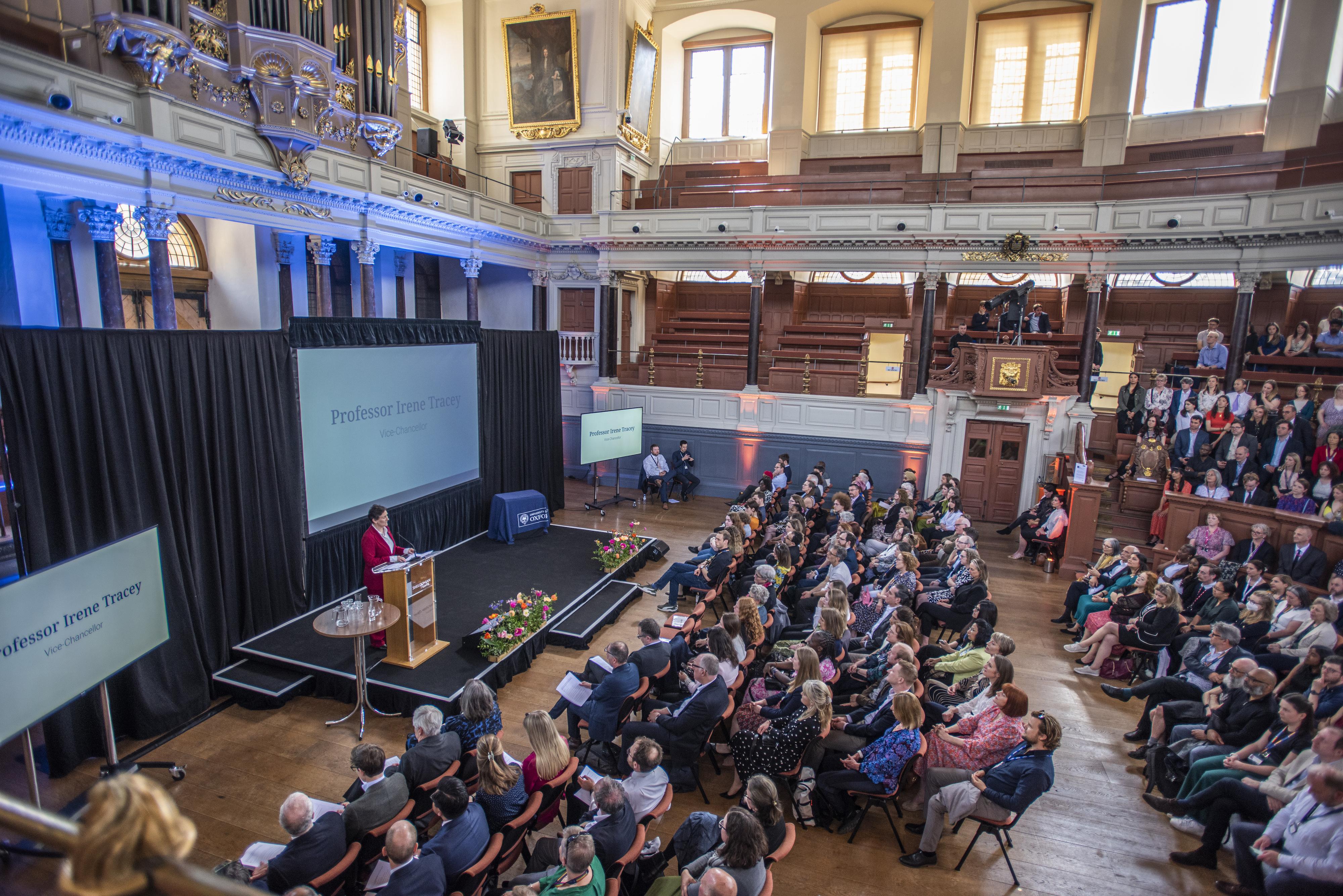
MASIKA: A field campaign to understand the rains in East Africa
Following devastating floods in 2020, five successive failed rainy seasons caused drought which exposed millions of people to acute food shortages in East Africa. The field project, MASIKA, is the first of its kind and aims to understand the atmospheric processes operating at the start the rainy season.
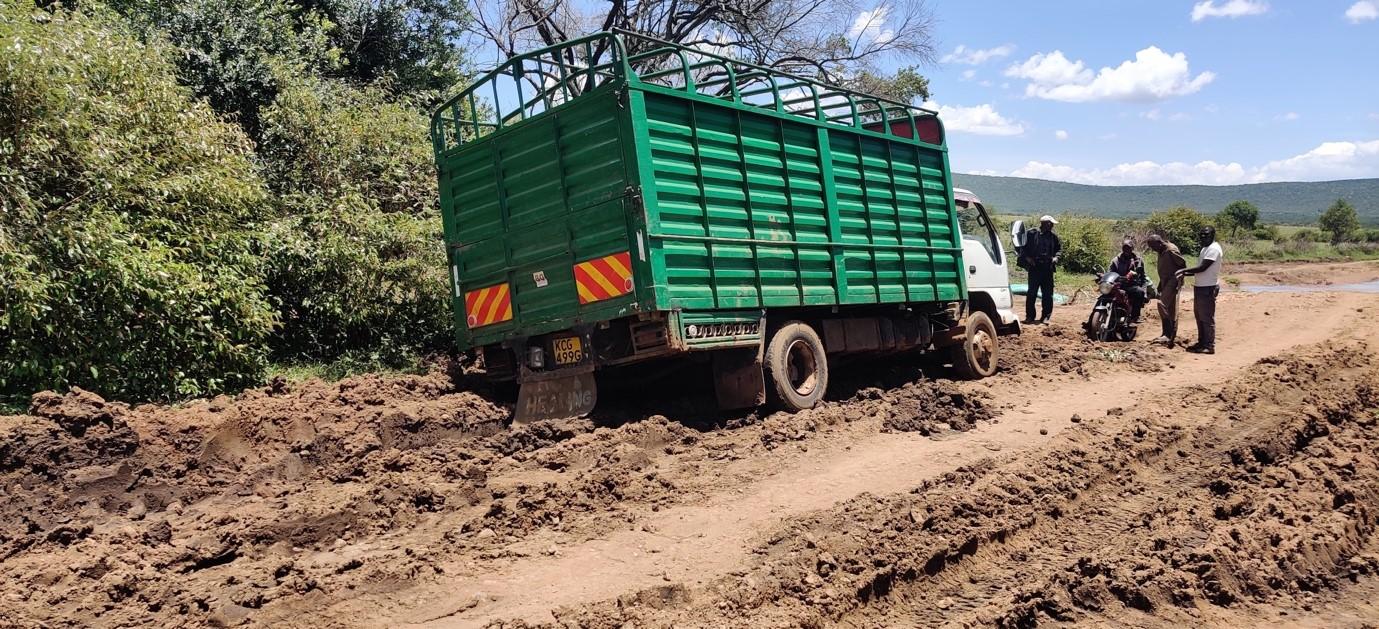
Kelsey Monteith wins the Alfred Steers Dissertation Prize
2023 undergraduate Kelsey Monteith has won the Alfred Steers Dissertation Prize for her dissertation titled, 'Time is not our master. I will not bow to time on this fair.' Examining practices of cultural resistance in the Gypsy-Traveller community. The prize is awarded once per year by the Royal Geographical Society (with IBG) for the best undergraduate dissertation in a UK geography department.
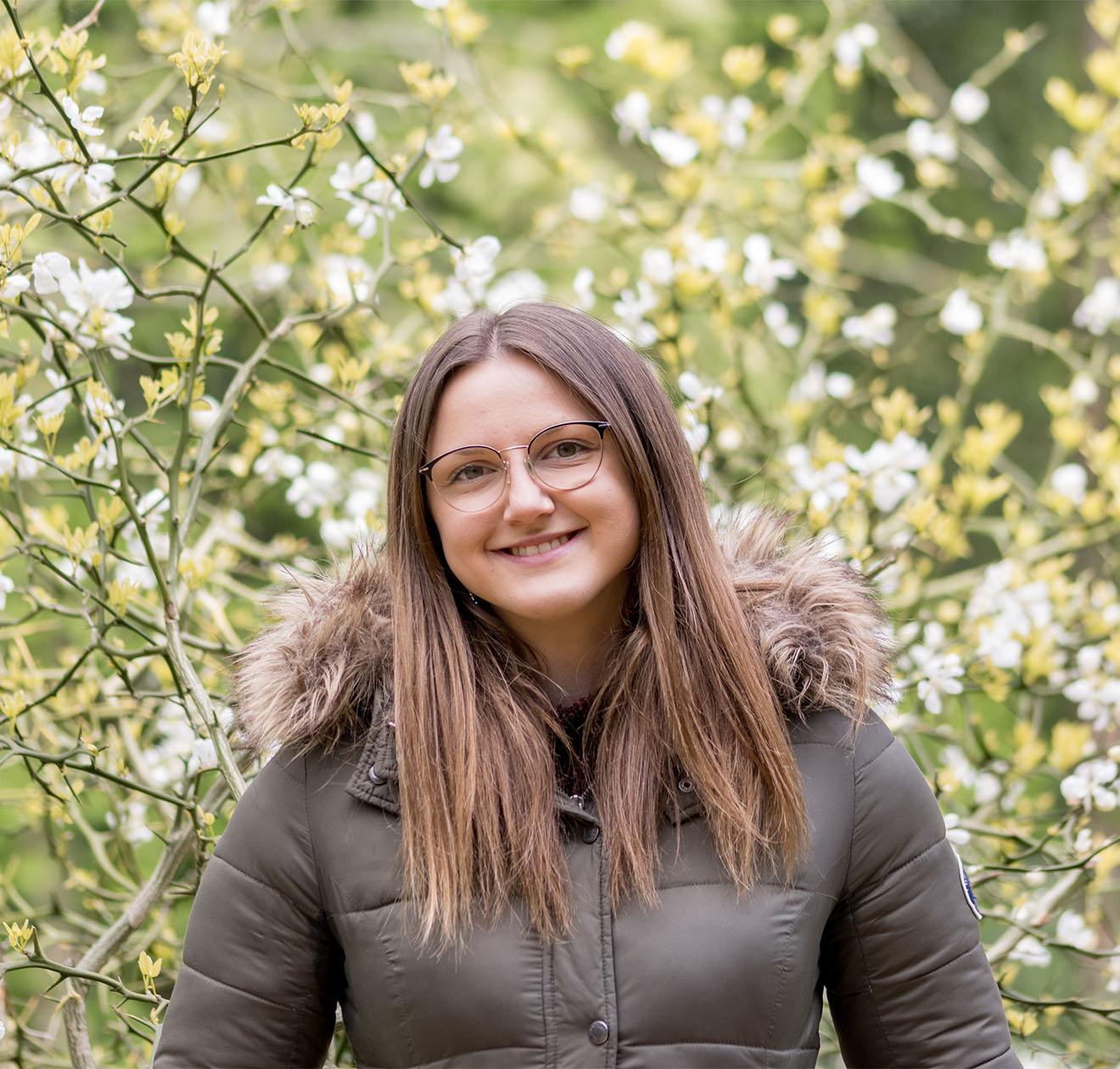
Dust storms are becoming ‘more frequent and severe’ – so are we prepared?
As a haze from the Sahara envelops Athens, Professor David Thomas, speaks to The Telegraph to explain why dust storms are becoming a worrying global trend.
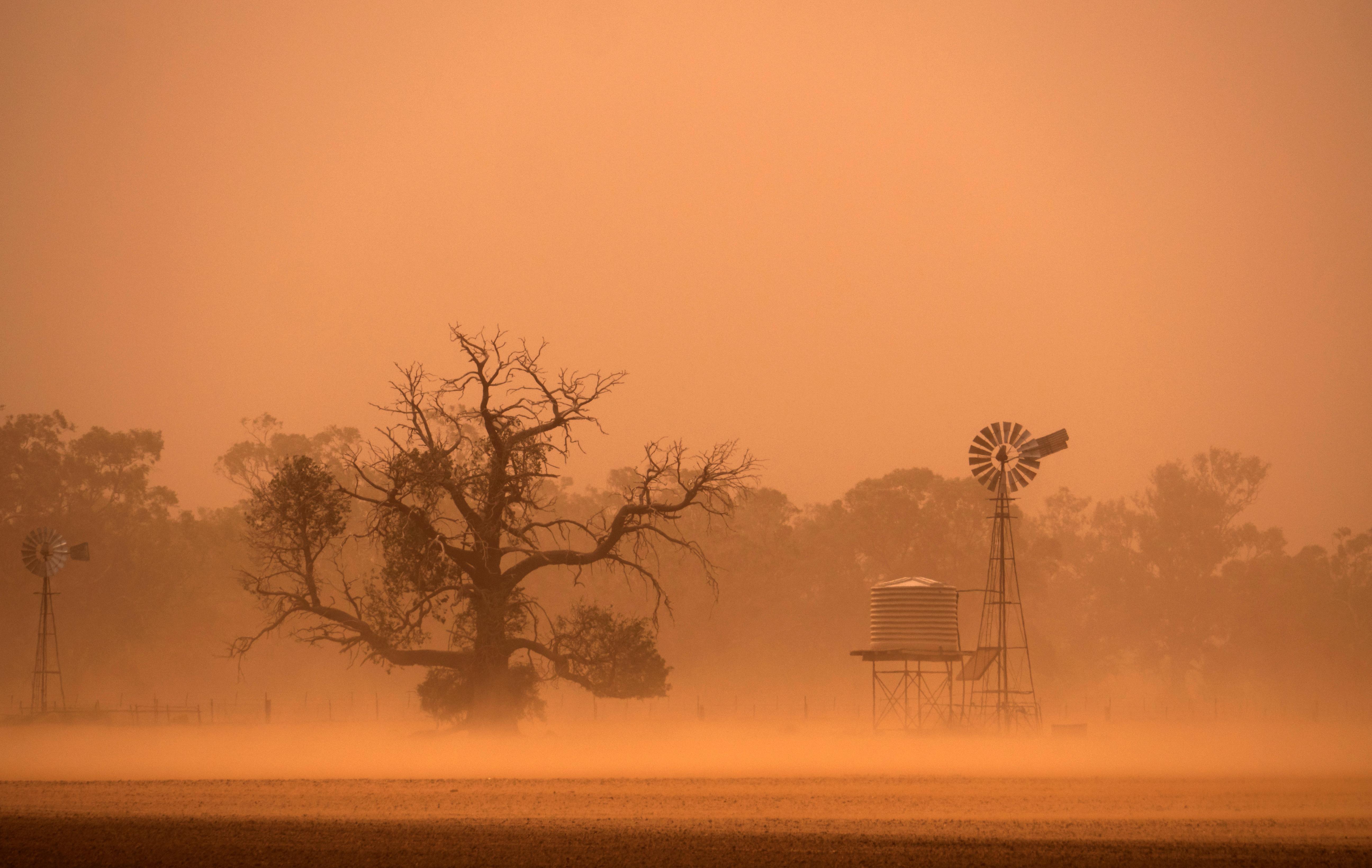
Don’t blame Dubai’s freak rain on cloud seeding – the storm was far too big to be human-made
Parts of the Arabian Peninsula received 18 months of rainfall in 24 hours on the 16 April. In an article for The Conversation, Professor Richard Washington, Professor of Climate Science, explains why Dubai's recent unprecedented rainfall was not caused by cloud seeding.
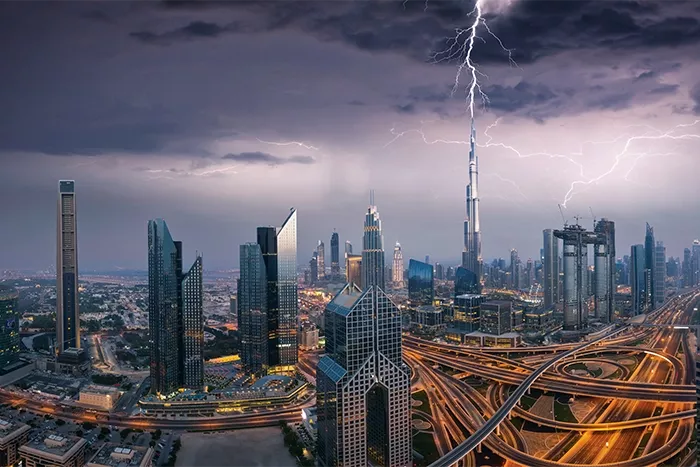
New study on Amazonia's fire crises urges action ahead of the next burning season
In response to the escalating fire crises in the Amazon, a timely study has revealed alarming shortcomings in the emergency fire bans implemented by the Brazilian Government. Initially seen as a promising solution in 2019, these bans have consistently fallen short in subsequent years, revealing a pressing need for strategies that address the underlying causes of each type of fire.
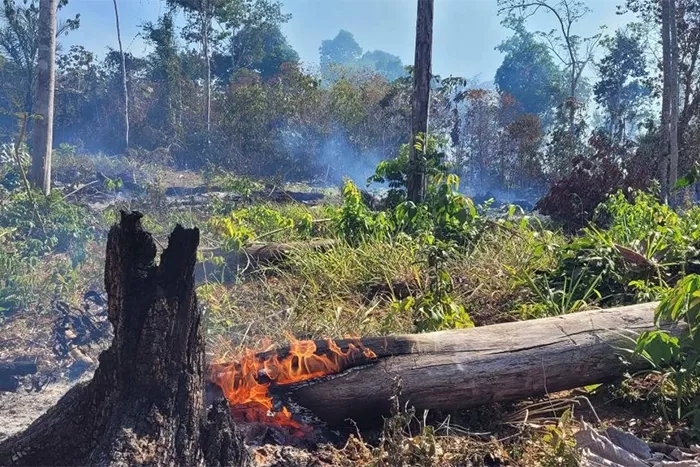
Why camel milk could soon become the world’s most essential drink
The future of food and drink could have a few humps in the road. Dr Ariell Ahearn comments on an article in BBC Sciencea bout the rise in popularity of camel milk.
